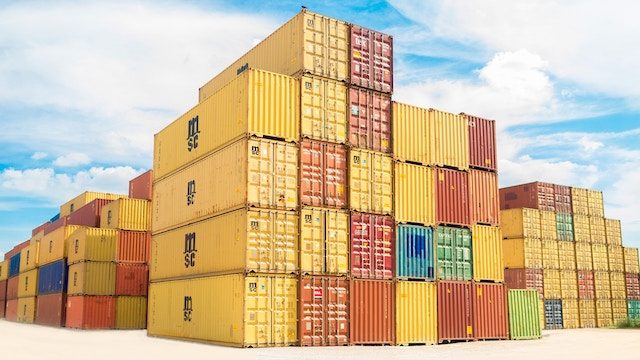Private sector leaders like to use the term corporate social responsibility (CSR) and business and human rights (BHR) interchangeably.
But these concepts are fundamentally different, and companies risk failing to meet reporting requirements on modern slavery or making a real impact in cleaning up trafficking in their supply chains if they don’t understand the difference.
Take Action: Help End Forced Labor
The Rana Plaza factory collapse that killed textile workers in Bangladesh and numerous reports of forced labor in the construction of Qatar’s World Cup stadiums are just two examples that CSR isn’t going to cut it when it comes to protecting workers.
In a piece for Triple Pundit, Harriet von Spiegel writes:
CSR activities are mostly independent and completely voluntary. More often than not, they do not directly address the negative impacts that might arise from a company’s own business operations. CSR does not typically address human rights issues and is therefore notably flawed as a method for combating modern slavery in supply chains.
Companies can freely decide the extent to which they want to create value for the wider society. Volunteering and donating are important actions, but they do not absolve a company from its duty and responsibility to respect the rights of workers in its operations and supply chains. While a company’s commitment to CSR might contribute significantly to society, it is unlikely to address modern slavery risks arising from its direct and indirect business activities.
Consequently, CSR measures are not a replacement for the due diligence measures required to address the challenges present in today’s supply chains. This has contributed to the emergence of the business and human rights movement, which aims to prevent worker exploitation and to hold companies accountable for their activities.
In other words, while CSR takes an approach of “doing good” and focuses on how a company is making positive contributions, BHR reframes this as “do no harm,” going deeper to respect the rights of workers and ensure that they have access to remedy.
BHR is fundamentally a human rights-based approach to end modern slavery — and one more companies need to get behind.
“Respect for human rights is non-negotiable and needs to be guaranteed unconditionally,” concludes von Spiegel.
“Thus, BHR goes beyond the desire to simply “do good” by turning the implementation of effective measures to mitigate modern slavery risks into a must-have.”







Freedom United is interested in hearing from our community and welcomes relevant, informed comments, advice, and insights that advance the conversation around our campaigns and advocacy. We value inclusivity and respect within our community. To be approved, your comments should be civil.